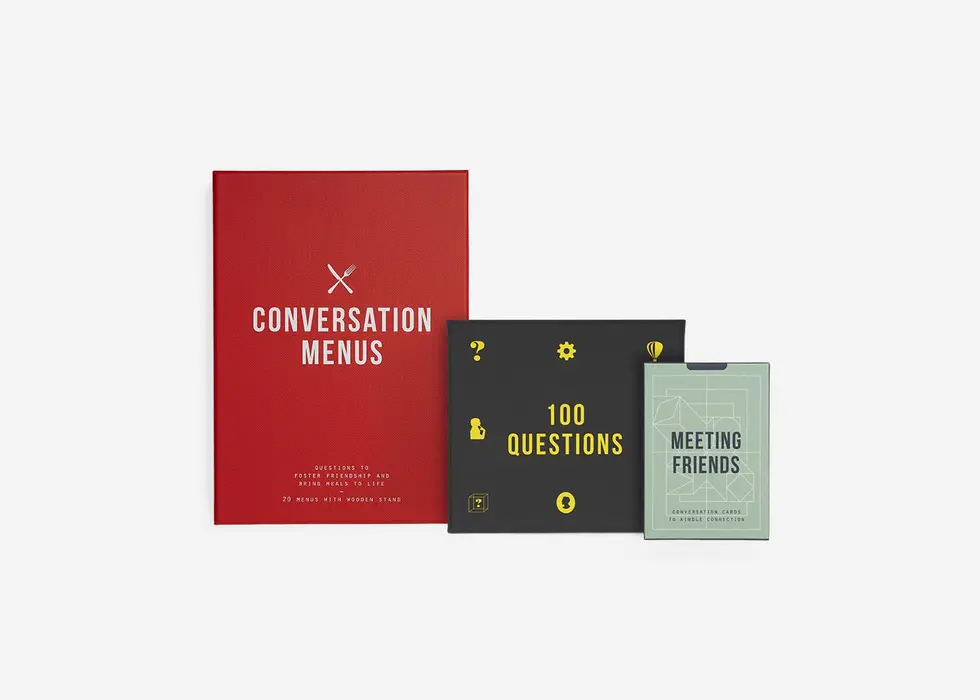Sociability • Social Virtues
How to Become an Adult
Why Growing Older Doesn’t Mean You’re Grown Up
It should be obvious, of course. We’re grown ups now. We’re physically mature, we have a job, can drive a car, use the internet at will and stay up very late.
But such objective markers of adulthood have a habit of failing to reflect our underlying psychological realities. Our development as true adults may lag many decades behind any official date of maturity. Learning how to be an adult, in the fullest emotional sense, involves recognising that in the way our emotions operate—out of the reach of conscious awareness—most of us continue to function rather like the small children we once were.
Emotional Habits That Keep Us Stuck in Childhood
Around characters who look authoritative or are senior to us we might – for example – habitually become passive and hugely timid. We may imbue them with unwarranted authority and expect them to know all the answers. The idea of contradicting them can feel utterly out of the question.

Or perhaps, in other contexts, we may experience an intense guilt around our sexuality, feeling an exaggerated need to exhibit signs of purity and goodness – as if our uninhibited bodily selves would necessarily provoke disgust and disappointment.
Or, rather than explain what is bothering us, we may settle for rage or sulks, the two traditional moves to which very small people have recourse.
It can take an immensely long time to realise emotionally, rather than merely intellectually, that the scripts we are following were formed many years before in circumstances that no longer apply; that the small corner of the world we grew up in as children does not reflect how the wider world operates or what it really demands – and that the repertoire of responses we learnt for dealing with the authority figures of childhood doesn’t have to continue to define how we relate to humanity in general. Part of learning how to be an adult is recognising that we may have been defined as ‘the quiet one’, or ‘the rebel’, the ‘victim’ or the ‘strong one’, but such labels don’t have to continue to determine our identities.
It can take so long for us to realise we are free. We wait for years for permission to leave an unsatisfactory job that no one cares if we abandoned tomorrow; we live in terror that we will disappoint ‘public opinion’ on to which we have projected the expectations of parents who are no longer alive. We wait for praise from ‘those that know’, even though there aren’t really any such people. We are terrified of unleashing an anger that we would now be able to walk away from.

How to Be an Adult in Emotional Terms
Becoming an emotional adult means learning to lean on a much wider repertoire of behaviours towards other people. Someone in authority can be mistaken; we can annoy someone and survive; sex doesn’t have to prove revolting; we can calmly state what has hurt us and be heard.
We start on the path to genuine adulthood when we stop insisting on our emotional competence and acknowledge the extent to which we are – in many areas of our psyche – likely to be sharply trailing our biological age. Realising we aren’t – as yet, in subtle ways – quite adults may be the start of true maturity.


























